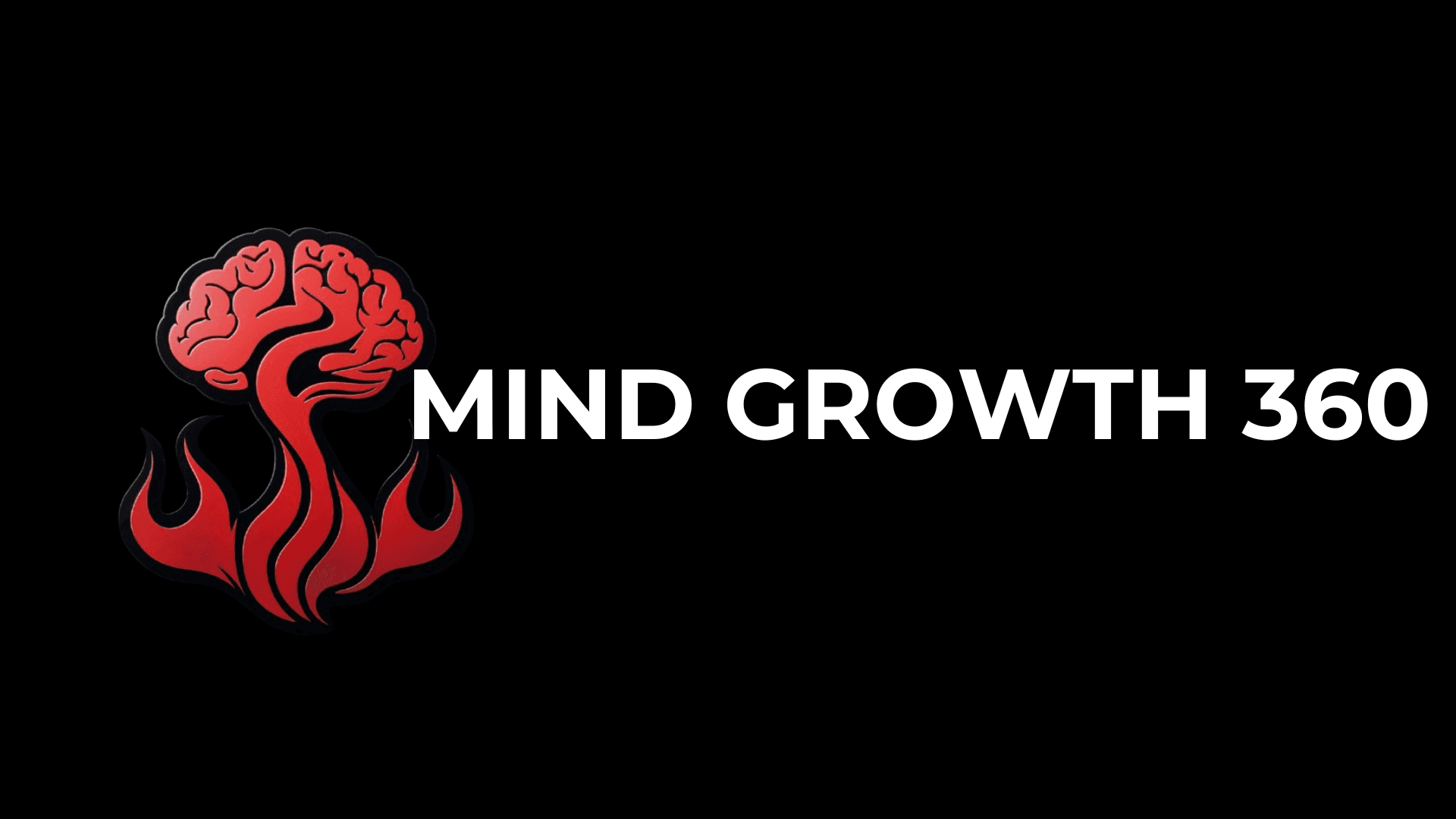Embracing the Gig Economy: Navigating Opportunities and Challenges
Jun 25, 2024
In the ever-evolving landscape of work, the gig economy stands as a transformative force, reshaping traditional employment paradigms and ushering in a new era of flexibility and autonomy. Defined by short-term contracts, freelance engagements, and on-demand work arrangements, the gig economy offers both businesses and independent contractors unprecedented opportunities for innovation and growth. However, with these opportunities come a host of challenges and complexities, requiring careful navigation and strategic foresight. In this article, we'll delve into the rise of the gig economy, exploring its implications for businesses and independent contractors alike, while offering strategies for success and insights into potential pitfalls to avoid.
The Rise of the Gig Economy:
The gig economy, often referred to as the "freelance economy" or "on-demand economy," has experienced exponential growth in recent years, fueled by advancements in technology, shifting societal norms, and changing workforce demographics. No longer confined to traditional 9-to-5 employment models, workers are increasingly opting for the flexibility and autonomy offered by gig-based arrangements, seeking greater control over their schedules, projects, and earning potential.
At the heart of the gig economy lies the concept of "gigs"—short-term, project-based assignments that allow individuals to work independently or as part of a broader network of freelancers. From ride-sharing drivers and freelance writers to graphic designers and virtual assistants, gig workers span a diverse range of industries and skill sets, leveraging their expertise to meet the evolving needs of businesses in a rapidly changing marketplace.
Implications for Businesses:
For businesses, the gig economy presents a wealth of opportunities to access specialized talent, scale operations, and drive innovation. By tapping into a global pool of freelance professionals, businesses can leverage a diverse array of skills and perspectives, tailoring their workforce to meet specific project requirements and strategic objectives. Additionally, the on-demand nature of gig-based arrangements enables businesses to adapt quickly to changing market conditions, ramping up or scaling back resources as needed to maintain agility and competitiveness.
Moreover, the gig economy offers cost savings and efficiency gains for businesses, particularly in industries where overhead costs associated with traditional employment—such as office space, benefits, and payroll taxes—can be significant. By outsourcing non-core functions to freelance professionals, businesses can reduce overhead expenses, increase operational flexibility, and focus resources on core business activities.
However, while the gig economy offers undeniable benefits for businesses, it also presents challenges and considerations that must be carefully addressed. Chief among these is the issue of workforce management and compliance. Unlike traditional employees, gig workers operate as independent contractors, often working remotely and without direct supervision. As such, businesses must navigate complex legal and regulatory frameworks to ensure compliance with labor laws, tax obligations, and contractual agreements, mitigating the risk of misclassification and potential legal liabilities.
Implications for Independent Contractors:
For independent contractors, the gig economy offers unprecedented opportunities for autonomy, flexibility, and professional fulfillment. By working on a freelance basis, individuals can take control of their careers, choosing projects that align with their interests, skills, and values, while enjoying the freedom to set their own schedules and work from anywhere in the world.
Moreover, the gig economy allows independent contractors to diversify their income streams, leveraging their expertise across multiple projects and clients to maximize earning potential and mitigate the risk of income volatility. Whether supplementing existing employment or pursuing full-time freelance careers, gig workers can capitalize on a dynamic marketplace of opportunities, continuously honing their skills and expanding their professional networks.
However, despite the allure of independence and flexibility, gig workers also face unique challenges and uncertainties inherent to freelance life. Chief among these is the issue of income instability, as gig-based earnings can fluctuate significantly from month to month, making financial planning and budgeting a constant challenge. Additionally, gig workers must contend with the absence of traditional employment benefits such as health insurance, retirement savings, and paid time off, necessitating proactive measures to secure their financial future and mitigate risk.
Strategies for Success:
In navigating the opportunities and challenges of the gig economy, both businesses and independent contractors can benefit from adopting strategic approaches tailored to their respective needs and objectives. Here are some key strategies for success:
1. Embrace Flexibility: Flexibility is the hallmark of the gig economy, offering businesses and independent contractors the freedom to adapt to changing circumstances and seize new opportunities. Embrace flexibility in your approach to work, scheduling, and project management, allowing for agile responses to evolving market conditions and client demands.
2. Invest in Relationships: Building strong relationships is essential in the gig economy, whether you're a business seeking to attract and retain top talent or an independent contractor looking to cultivate a loyal client base. Invest time and effort in nurturing professional connections, fostering trust, and delivering exceptional value to clients and collaborators.
3. Prioritize Communication: Clear and effective communication is key to success in the gig economy, particularly in remote work arrangements where face-to-face interaction may be limited. Prioritize open, transparent communication with clients, colleagues, and collaborators, establishing clear expectations, soliciting feedback, and addressing any issues or concerns proactively.
4. Focus on Quality: In a competitive marketplace, quality is paramount. Whether you're delivering products, services, or expertise, strive for excellence in everything you do. Focus on delivering high-quality work, exceeding client expectations, and building a reputation for reliability, professionalism, and integrity.
5. Invest in Skills Development: Continuous learning and skills development are essential for staying competitive in the gig economy. Invest in ongoing education, training, and professional development opportunities to enhance your skills, expand your knowledge base, and position yourself as a leader in your field.
6. Diversify Income Streams: To mitigate the risk of income volatility, consider diversifying your income streams by pursuing multiple projects, clients, or revenue streams. By spreading your risk across a portfolio of opportunities, you can stabilize your income and weather fluctuations in the gig economy.
7. Plan for the Future: Finally, don't neglect long-term planning and preparation. Whether you're a business or an independent contractor, it's essential to have a clear vision for the future and a roadmap for achieving your goals. Invest in financial planning, retirement savings, and risk management strategies to secure your financial future and sustain success over the long term.
Potential Pitfalls to Avoid:
While the gig economy offers abundant opportunities for growth and success, it also presents potential pitfalls and challenges that must be navigated carefully. Here are some common pitfalls to avoid:
1. Overreliance on Gig-Based Work: Relying too heavily on gig-based work can expose businesses and independent contractors to income instability and market volatility. Diversify your income streams and client base to mitigate risk and ensure financial stability.
2. Ignoring Legal and Regulatory Compliance: Failure to comply with legal and regulatory requirements can result in costly fines, penalties, and legal liabilities. Educate yourself on relevant labor laws, tax regulations, and contractual obligations, and ensure compliance in all aspects of your work.
3. Neglecting Professional Development: In a rapidly changing marketplace, ongoing learning and skills development are essential for staying competitive. Don't neglect professional development opportunities or become complacent in your skills and expertise.
4. Underestimating the Importance of Relationships: Building strong relationships is critical in the gig economy, whether you're a business or an independent contractor. Invest time and effort in nurturing professional connections, fostering trust, and delivering exceptional value to clients and collaborators.
5. Failing to Plan for the Future: It's essential to have a clear vision for the future and a roadmap for achieving your goals. Don't neglect long-term planning and preparation, including financial planning, retirement savings, and risk management strategies.
In Conclusion:
The gig economy represents a paradigm shift in the way we work, offering both opportunities and challenges for businesses and independent contractors alike. By embracing flexibility, investing in relationships, prioritizing communication, and focusing on quality, businesses and gig workers can navigate the complexities of the gig economy and unlock its full potential for innovation and growth. However, success in the gig economy requires careful planning, strategic foresight, and a commitment to continuous learning and adaptation. By adopting proactive strategies and avoiding common pitfalls, businesses and independent contractors can thrive in the dynamic and ever-evolving landscape of the gig economy.





